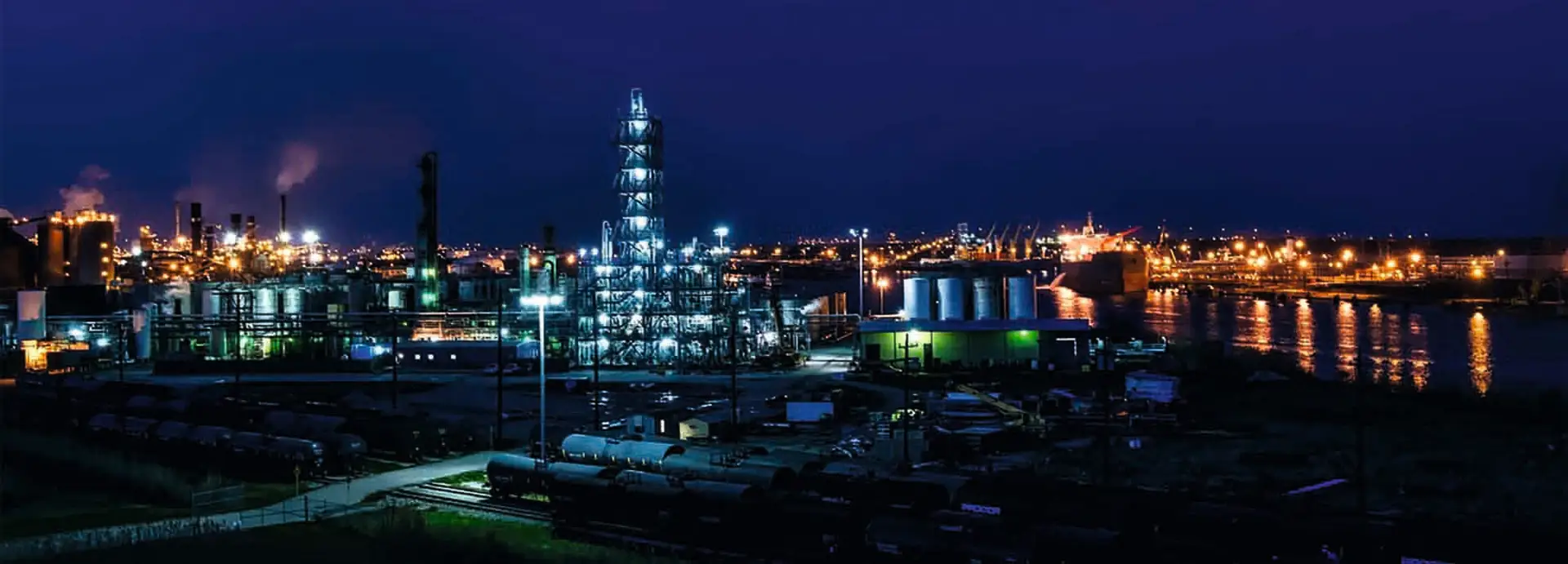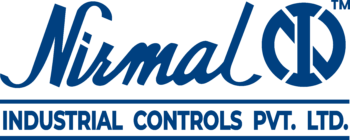
-
October 15, 2023
- 0 Comment
Self-Actuated Pressure Control Valve for API Plants in Refinery & Petrochemicals
In the intricate world of refineries and petrochemical plants, the efficient and precise control of pressure is paramount to ensure the safety, integrity, and optimal performance of the operations. API (American Petroleum Institute) Plans offer a standardized approach to seal flush plans for pumps handling hazardous and environmentally sensitive fluids. Among these plans, the integration of self-actuated pressure control valves plays a pivotal role. This blog explores the significance, functioning, and benefits of self-actuated pressure control valves in API Plans within the realm of refinery and petrochemical operations.
Understanding API Plans
API, a renowned organization in the oil and gas industry, provides guidelines and standards to ensure safety and efficiency. API Plans define the sealing arrangements for pumps handling various types of fluids, addressing concerns related to leakages, emissions, and safety.
The Role of Pressure Control
Pressure control within the API Plans is critical to maintain the required pressure levels in the seal chamber. This ensures effective sealing and prevents leakages that could be detrimental both to the process and the environment.
Self-Actuated Pressure Control Valves
Self-actuated pressure control valves are key components in API Plans, functioning autonomously to regulate pressure. These valves are designed to open and close based on variations in pressure, ensuring that the seal chamber remains within the specified pressure range.
Functioning of Self-Actuated Pressure Control Valves
Pressure Sensing: The valve is equipped with a sensing mechanism that constantly monitors the pressure in the seal chamber.
Valve Operation: When the pressure exceeds the set limit, the valve opens to release excess pressure and maintain the desired pressure range.
Pressure Reduction: As the valve opens, it allows a controlled flow of fluid, reducing the pressure in the seal chamber until it falls within the specified range.
Benefits of Self-Actuated Pressure Control Valves
Automated Operation: Self-actuated valves operate without external intervention, reducing the need for constant monitoring and manual adjustments.
Enhanced Safety: By maintaining optimal pressure levels, these valves enhance safety by preventing over-pressurization, a critical concern in refinery and petrochemical operations.
Energy Efficiency: The automated operation ensures efficient energy utilization, minimizing unnecessary energy consumption.
Extended Equipment Life: By regulating pressure effectively, these valves contribute to the longevity and reliability of the sealing system and associated equipment.
In the high-stakes environment of refineries and petrochemical plants, precision and safety are non-negotiable. Self-actuated pressure control valves, integrated within API Plans, epitomize a modern approach to pressure management, ensuring not only the safety of the operations but also their efficiency and sustainability. As technology continues to advance, these valves will undoubtedly play an even more significant role in optimizing processes and advancing the industry towards a safer and greener future.
